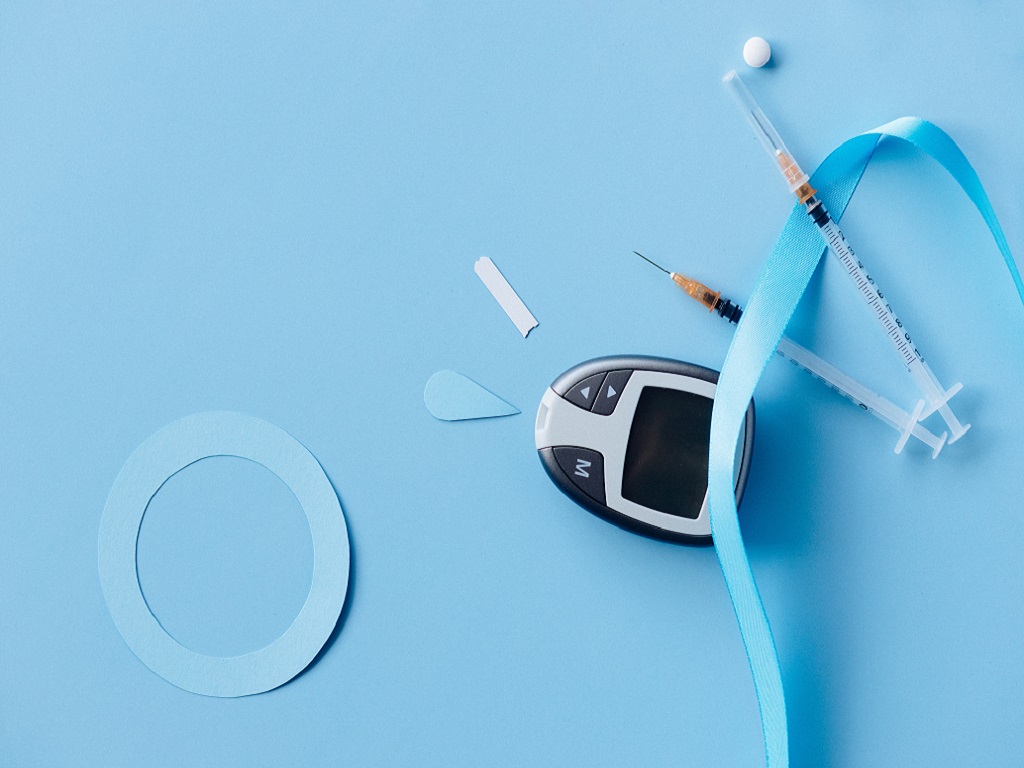If you’ve been diagnosed with type 2 diabetes, it is likely that your healthcare practitioner may prescribe insulin therapy to help you manage your blood sugar levels. Insulin is a hormone that is produced in the pancreas, and it helps regulate blood sugar levels. People who suffer from type 2 diabetes are usually still able to make insulin, but the body is unable to use the produced insulin effectively – this necessitates a need for prescription insulin.
What Are the Types of Insulin?
There are different types of insulin that doctors prescribe to those with type 2 diabetes. The four main types that you need to be aware of are:
Rapid-acting insulin: The insulin starts to work in just 5-10 minutes, and it peaks at 30-90 minutes. It is usually injected into the body with a syringe.
Intermediate-acting insulin: It starts to work in 1-2 hours and peaks at 4-12 hours. It is taken with a pump.
Regular-acting or short-acting insulin: It starts to work in 30 minutes to an hour, and peaks between 2-5 hours. It is taken by using a pen.
Long-acting insulin: Starts to work in 1-2 hours, but does not peak. It can be taken via an inhaler.
Insulin Brands You Need to Know About
Although there are only four main types of insulin, there are a number of prescription brands. These brands have different doses and delivery methods.
Rapid-acting insulin products include insulin lispro (Humalog), insulin glulisine (Apidra), and insulin aspart (NovoLog)
Regular- or short-acting insulin products include Humulin R, Humulin R U-500, Novolin R, etc.
Intermediate-acting products typically use insulin isophane, and they can include Humulin N, Humulin N Pen, Iletin II NPH Pork, Novolin N, Novolin N PenFill, etc.
Long-acting insulin products include insulin detemir, insulin degludec, and insulin glargine.
What Type of Insulin Is Best Suited for You?
If you need to take insulin, you are likely wondering which option will suit you the best. Your doctor will be able to give you the right answer after taking into consideration factors like your blood glucose levels, how long you’ve had type 2 diabetes, your current health and lifestyle, the medications you take at present, and your insurance coverage.

 Tech & Gadgets4 years ago
Tech & Gadgets4 years ago
 Auto4 years ago
Auto4 years ago
 Finance4 years ago
Finance4 years ago
 Auto4 years ago
Auto4 years ago
 Auto4 years ago
Auto4 years ago
 Tech & Gadgets4 years ago
Tech & Gadgets4 years ago
 Health4 years ago
Health4 years ago
 Auto4 years ago
Auto4 years ago














